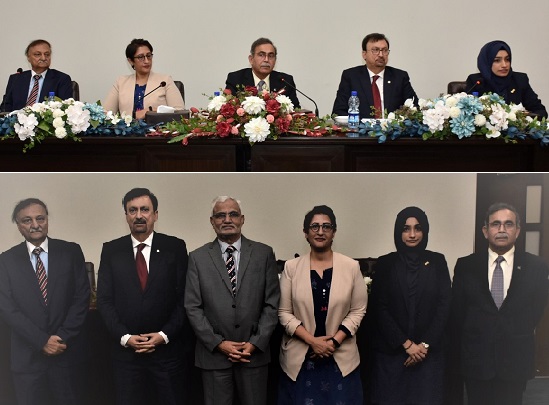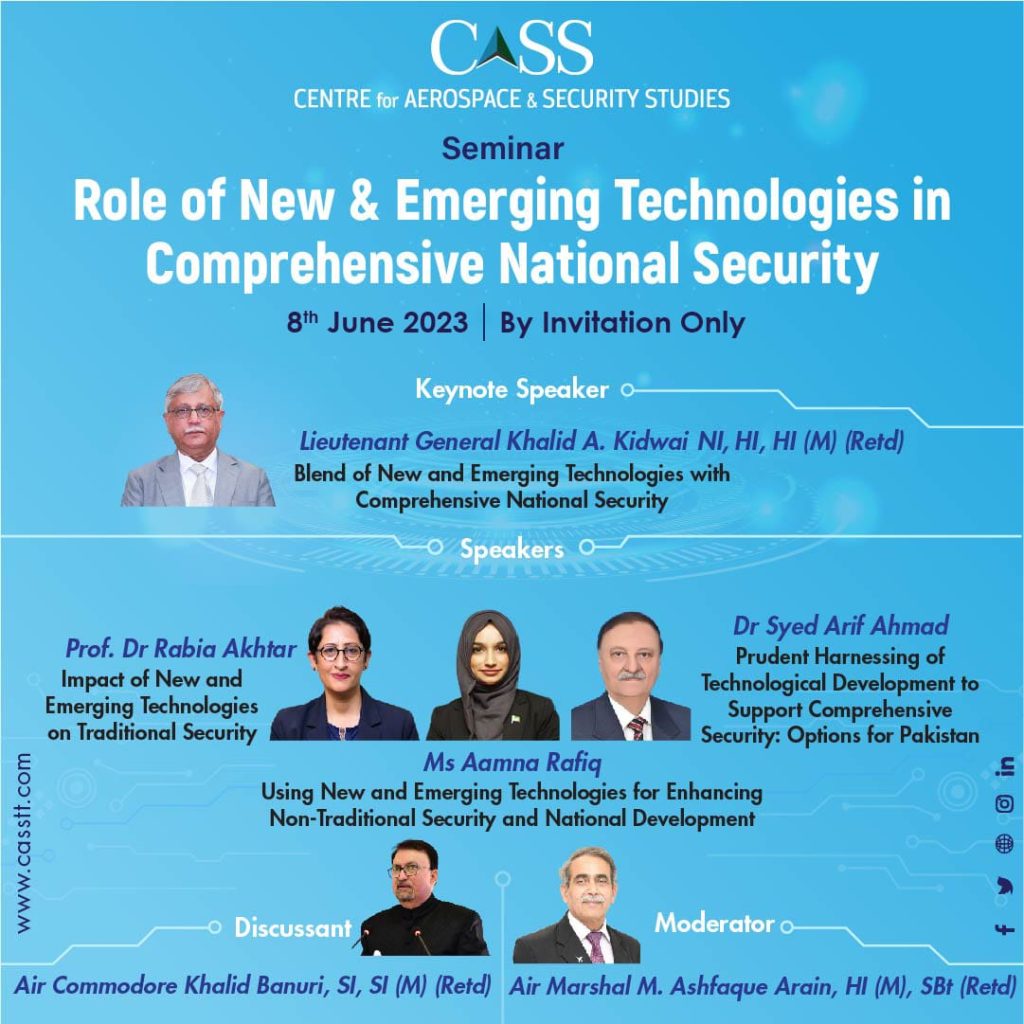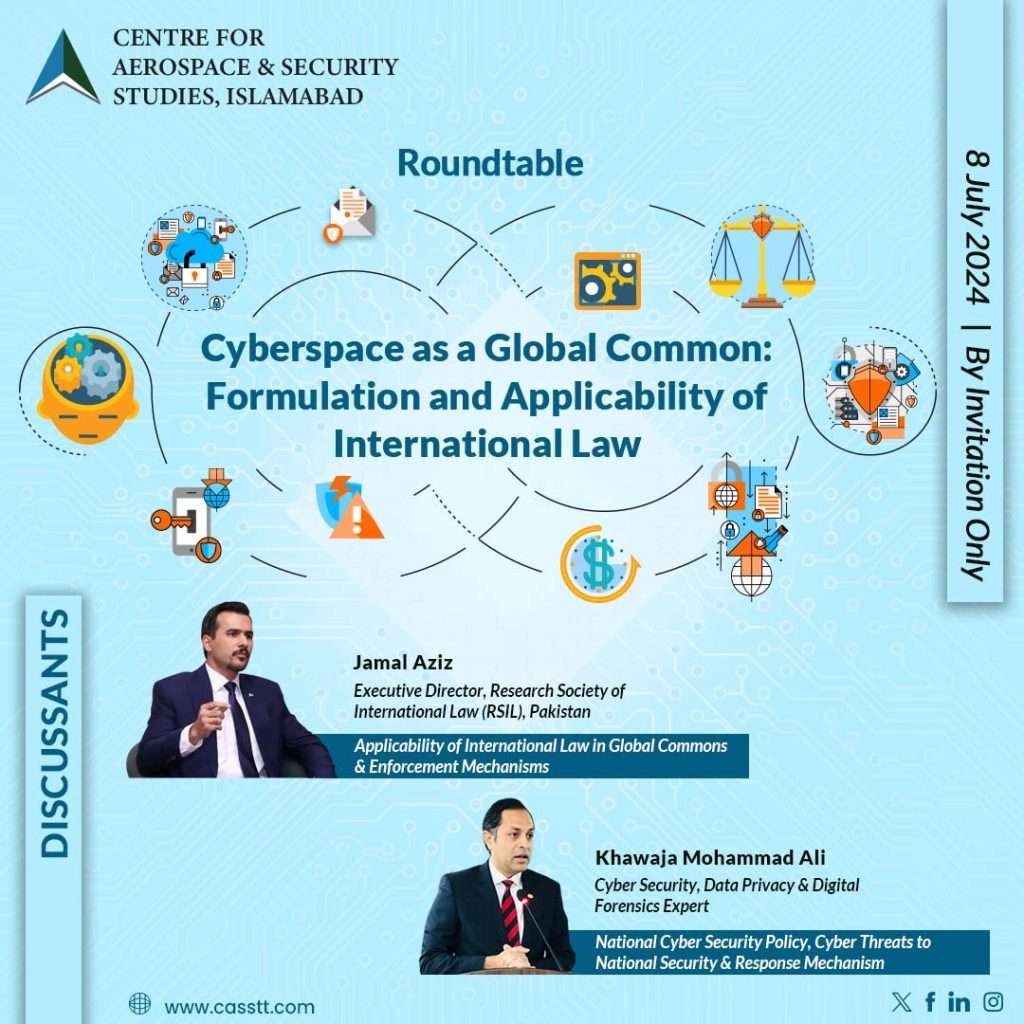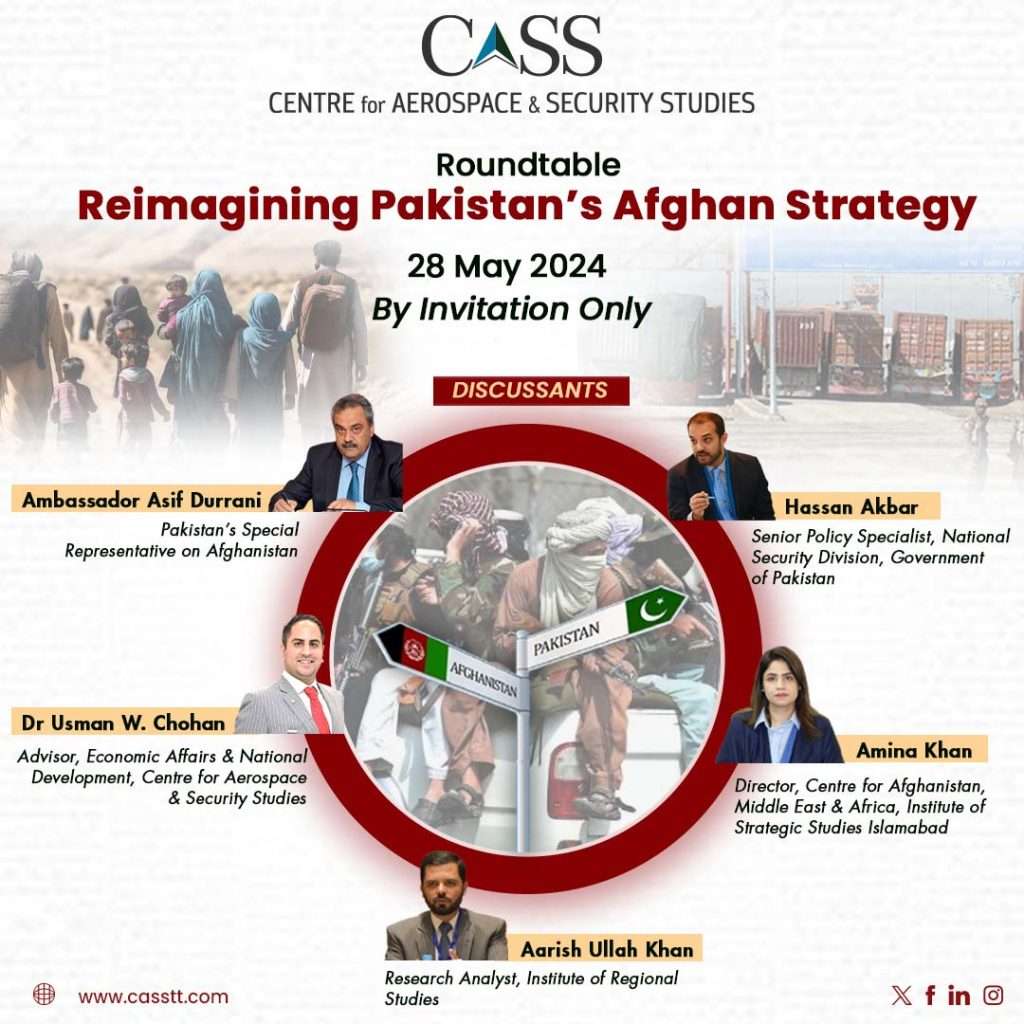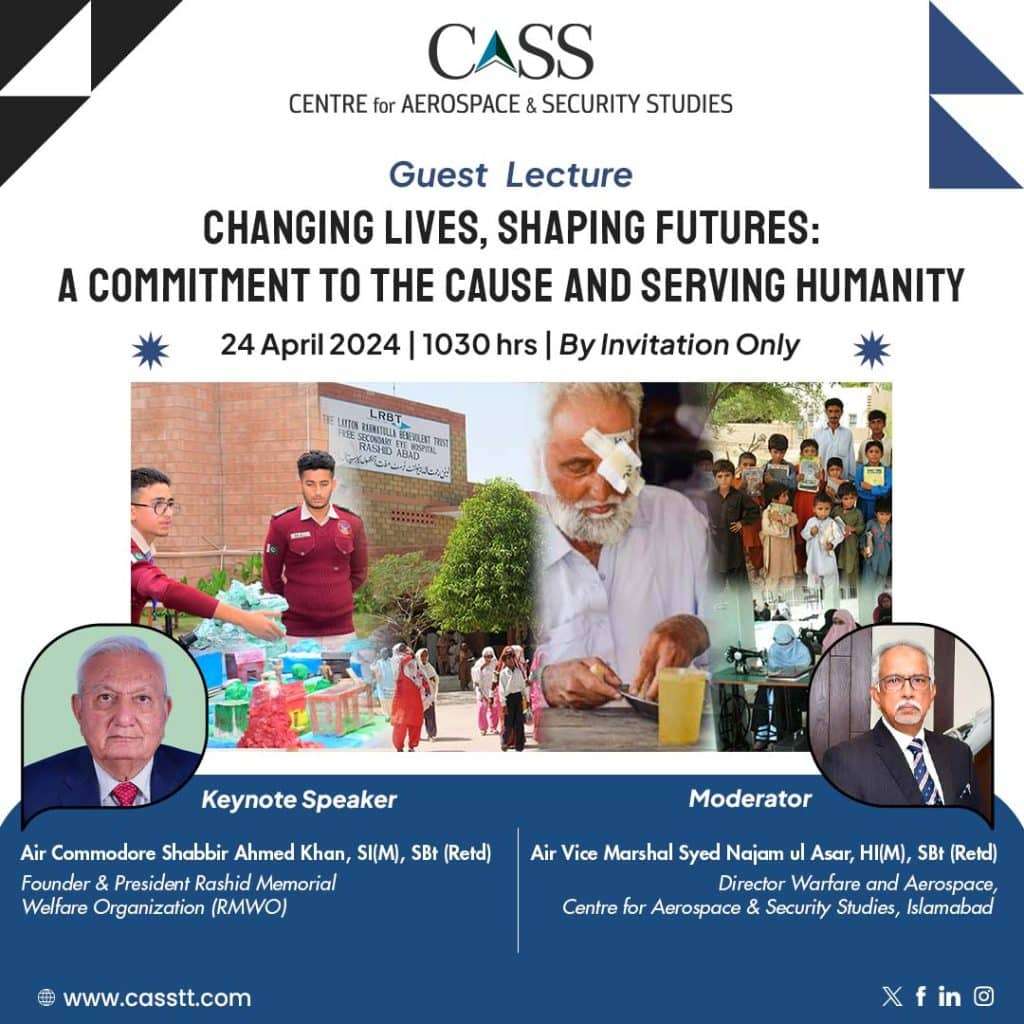Concept Note
National security has always been seen through the prism of traditional security, often construed as military security of the state against external threats. However, responding to emerging realities in an increasingly globalised world, the concept of ‘Comprehensive National Security’ has evolved, requiring an inclusive framework encompassing all internal and external affairs of the state as well as society. It contributes to the protection of not only national security, but also various dimensions of human security often referred to as ‘non-traditional security.’
Pakistan’s first formally declared ‘National Security Policy’ hailed as a landmark document is also premised on this concept of ‘Comprehensive National Security’, which may be defined as a state of preparedness for the threats and risks to vital functions of society. It recognises the inherent connectivity between traditional and non-traditional elements of national security and proposes a whole-of-nation approach towards charting a ‘cohesive, unified, and responsive security policy’ for the future.
Technology has always been a fundamental agent of change, affecting the lives of individuals, groups, societies, nations and the world as a whole. The rapid development, advancement, and proliferation of emerging technologies such as the Internet of Things (IoT), Artificial Intelligence (AI), 3D printing, Quantum Computing, 5G, Blockchain, autonomous systems, robotics, hypersonic missiles, and biotechnology are not only fostering greater interconnectivity, but also exerting significant impact on economies and power structures, leading to a shift in global power centres. The impact of such technologies on the modern life, therefore, necessitates approaching both human security as well as state security in a different, futuristic manner.
The latest technological breakthroughs are disruptive in nature as they are bringing about transformative shifts in diverse fields. Technological advances, driven by a digital revolution, are centred on gathering, processing, and analysing enormous data emerging from the information sciences with implications for countless areas of Research and Development with impact on all aspects of modern life. They promise significant social and economic benefits, increased efficiency, and enhanced productivity across a host of sectors pertaining to human security, including but not limited to health, energy, finance, education, agriculture, and environment, etc. In the traditional security domain, these advances lead to development of newer weapons, integration of existing systems with the new systems, war preparedness, and newer concepts of operations as well as organisational and doctrinal shifts. Acquisition of these technologies will impact the balance of power as well as create newer challenges and competitions at national, regional and global levels.
In this backdrop, this seminar was aimed at examining the formulation of policies and implementation strategies for investing in the development of newer technologies to achieve Pakistan’s Comprehensive National Security goals.
Themes
For the discussion, our esteemed panellists holding extensive experience in defence, technical, commercial arena and the academia shall review the intersection of advanced technologies with the state and individual security, by looking at the following themes:
A. Keynote Address – Blend of New and Emerging Technologies with Comprehensive National Security – Lieutenant General Khalid A. Kidwai,NI, HI (M)(Retd)
- What are the changing dynamics of traditional and non-traditional security?
- What challenges do new and emerging technologies pose to traditional and non-traditional security?
- What opportunities do such technologies offer in the domains of traditional and non-traditional security to augment comprehensive security?
- What challenges do such technologies pose, especially to international treaties, conventions and legal aspects?
B. Impact of New and Emerging Technologies on Traditional Security – Prof. Dr Rabia Akhtar
- As the latest technologies increasingly become a source of economic strength and military power, how would they influence a shift in balance of power?
- How are latest technologies impacting a state’s existing traditional security structures?
- How are latest technologies likely to impact the character of future warfare?
C. Using New and Emerging Technologies for Enhancing Non-Traditional Security and National Development – Ms Aamna Rafiq
- How can latest technologies be usefully employed for development and improving non-traditional security?
- How can nations avoid the adverse impact of technology on their culture, social fabric and national cohesion?
- How can technologically dependent and financially constrained states benefit from the latest technologies?
D. Prudent Harnessing of Technological Development to Support Comprehensive Security: Options for Pakistan – Dr Syed Arif Ahmad
In view of the significance of various technologies and Pakistan’s limitations in the education system, research culture, industrial base, technology absorption capacity and policy formulation and implementation:
- How should the policy formulation and implementation be modified to bridge existing gaps?
- How can national needs be met with indigenous development vis à vis joint ventures?
- Given the limitations, how should the development of various technologies be prioritised?
YouTube Link: https://www.youtube.com/watch?v=qkKd7AC3_8o&t=2145s
Press Release
News Coverage
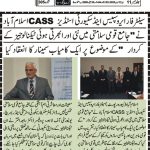
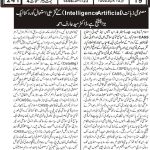
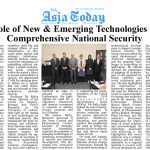
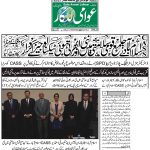
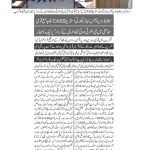
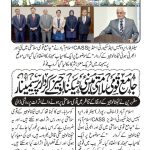
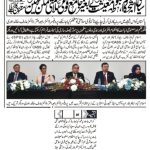
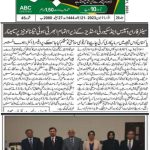
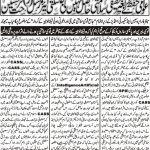
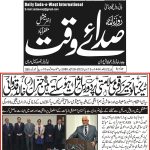
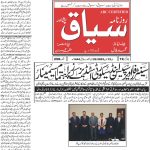
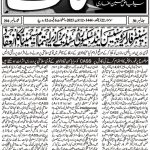
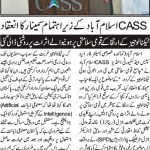
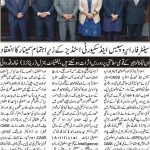
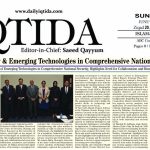
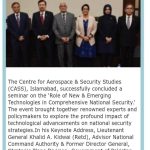
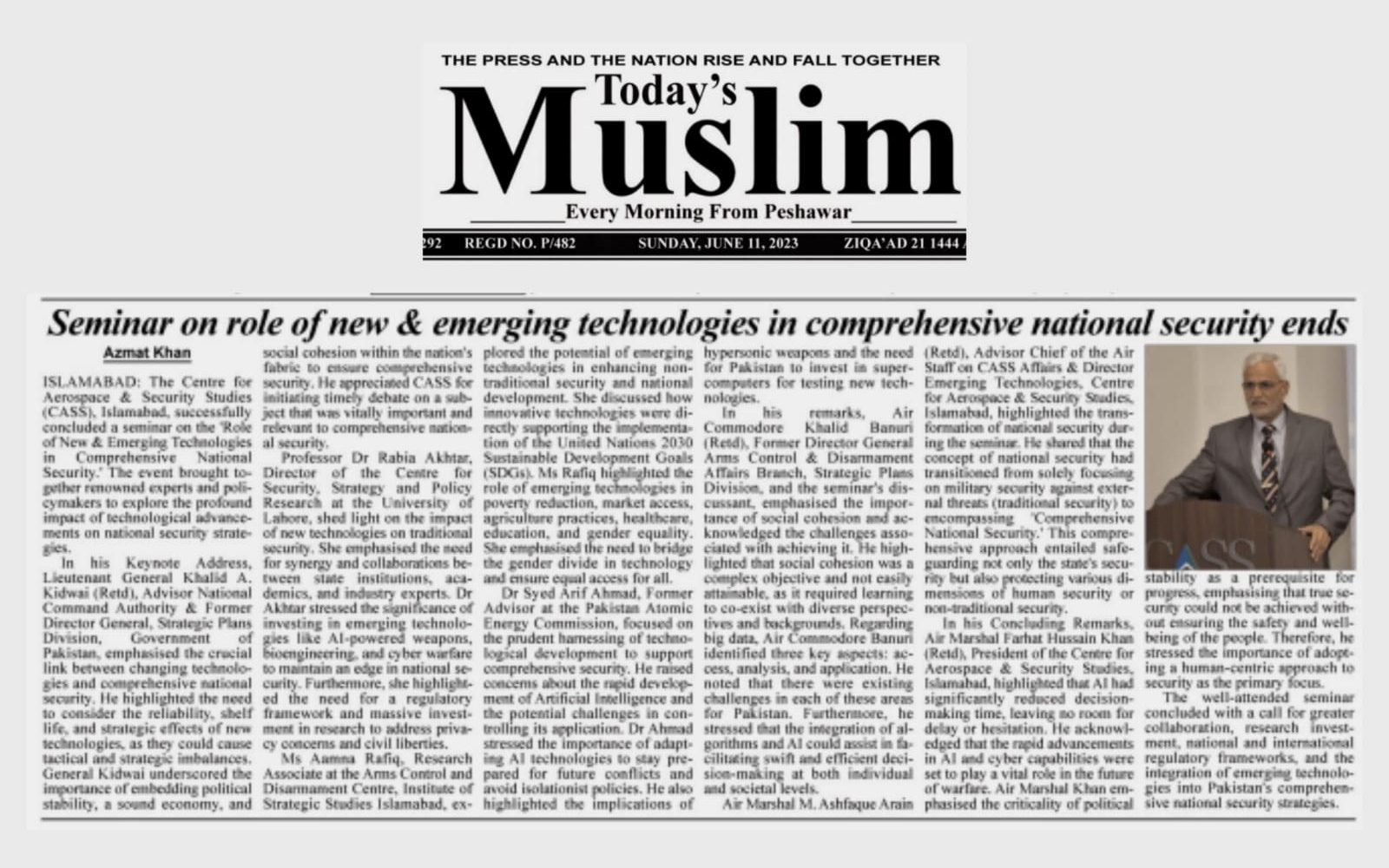
Newspaper Links


